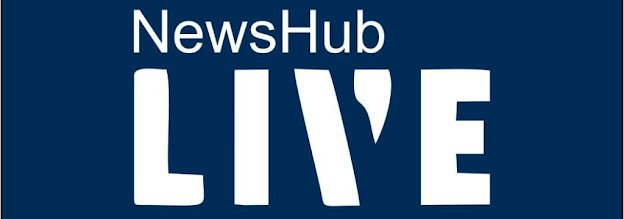India: “IKS Health”, the premier global solution that revitalizes the clinician-patient relationship while empowering healthcare organizations to thrive, announced the acquisition of “AQuity Solutions”, a Best in KLAS industry leader in tech-enabled clinical documentation, medical coding, and revenue integrity solutions for healthcare, as a wholly-owned subsidiary for $200 million.
IKS Health’s market leadership in the ambulatory market will be coupled with AQuity's market leadership in the acute care market to create an entity that enables Clinicians and their Enterprises to deliver better, safer, more efficient care across the continuum of care delivery. The combined company, which will operate as IKS Health, will have annual revenues of $330+ million, as well as a global workforce of over 14,000 employees serving over 150,000 clinicians in many of the largest hospitals, health systems, and specialty groups in the United States (U.S.).
“U.S. Healthcare is in crisis, one that is deepening from all sides. Financial instability, large-scale staffing challenges, and the precarious health status of so many Americans all call for deeper, more comprehensive solutions that address these root issues,” said Sachin K. Gupta, Founder, and CEO of IKS Health, adding, “Delivering better, safer care is everyone’s top priority—but too often, the ‘chores’ of healthcare get in the way of that core purpose. To help turn the tide amidst this state of crisis, we firmly believe that revitalizing the clinician-patient relationship and helping our partners thrive financially are both fundamental. The coming together of IKS and AQuity allows us to enable Clinicians with their chores across the continuum of care.”
This acquisition advances IKS Health’s Care Enablement Platform, consisting of technology and service offerings that span Revenue Optimization, Clinical Support, Value-based care, and Digital Health solutions. Specifically, AQuity’s rich datasets enable IKS to rapidly mature and scale its proprietary AI solutions with critical expertise and guidance from 'Reinforced Learning Through Human Feedback' (RLHF). This purchase follows recent strategic technology investments in Abridge, a Generative AI platform to reduce administrative burden, and Sift Healthcare, a predictive analytics solution for revenue cycle management. IKS's cloud-based, HIPAA-compliant platform integrates with all EHR and Enterprise Practice Management systems.
By alleviating these administrative, clinical, and financial burdens, IKS empowers clinicians to focus on their core purpose: delivering exceptional care. As margin pressures increase, IKS also helps healthcare enterprises meet the moment with advanced, proactive solutions that reduce costs and increase top-line growth. IKS’s ability to enable financially sustainable healthcare enterprises is critical in the current environment of resource scarcity.
The combined company’s 14,000+ employees include 1,500 clinicians, over 350 technology experts, medical coders, revenue integrity specialists, and clinical documentation specialists.
For the past 17 years, IKS has built pragmatic technology and service solutions in partnership with its delivery partners. AQuity is also a rapidly growing company with a 40-year track record of bringing meaningful solutions that enable clinicians and healthcare enterprises to succeed. Together, the combined entity will help providers realize financial value through revenue growth, cost reduction, and bottom-line improvements.
“We’re excited to join forces with a like-minded industry leader in IKS,” said Kashyap Joshi, CEO of AQuity. “Our award-winning solutions have been recognized by KLAS and Black Book as market-leading, highlighting our ability to drive superior outcomes for our clients. By combining our capabilities, we will accelerate our commitment to delivering meaningful, pragmatic, and proven solutions for the entire continuum of care, so that patients have a better experience and practices, groups, and hospitals can thrive.”


Comments
Post a Comment